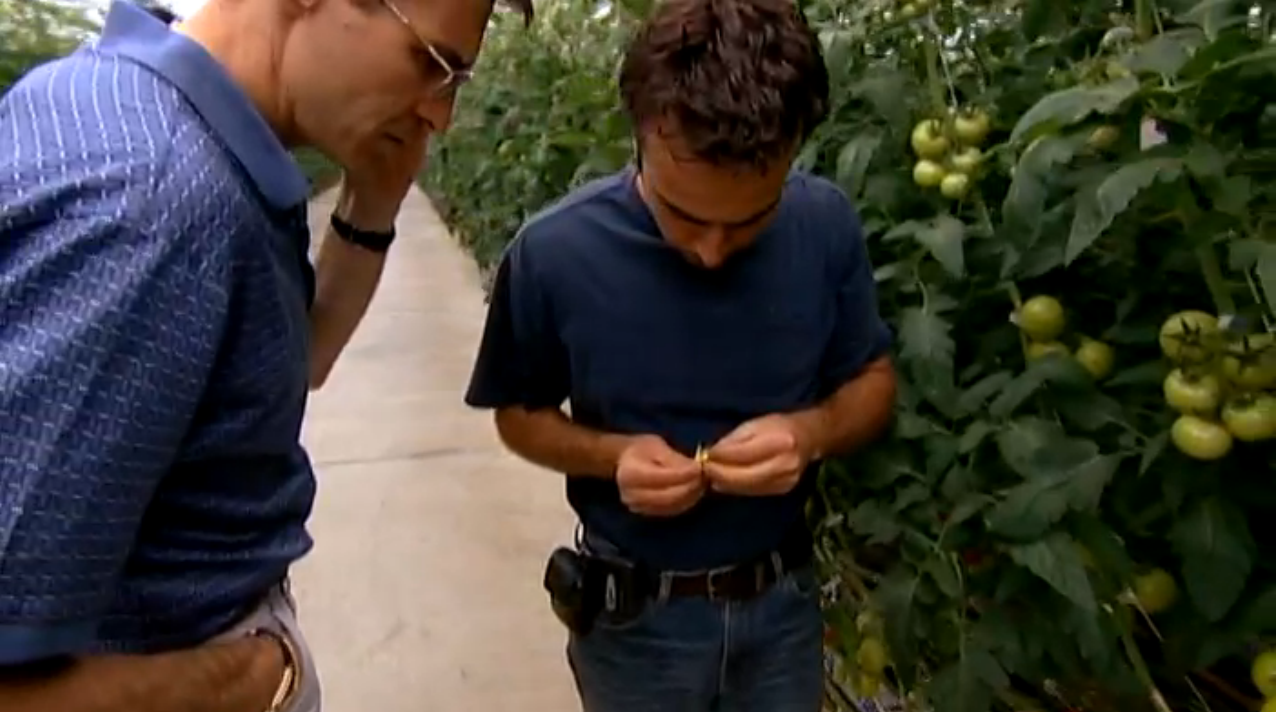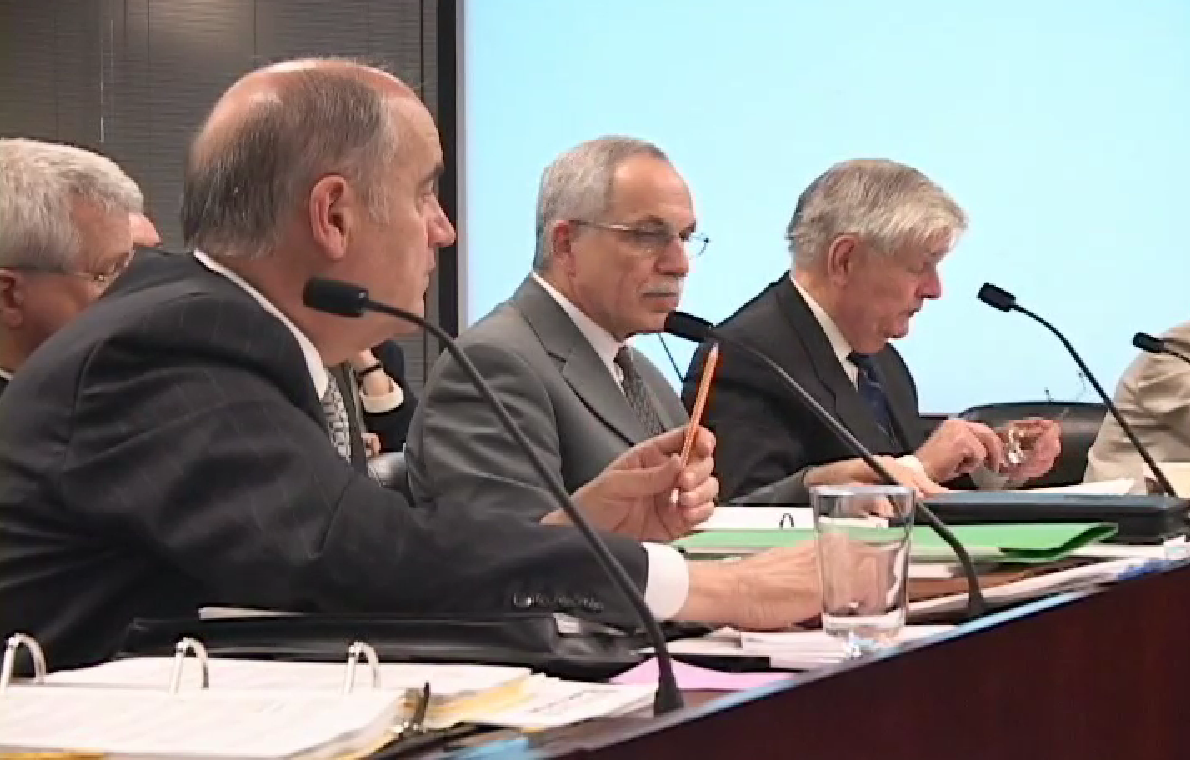The filmmaker’s contributions to society will be recognized by Cinema Politica
“I actually do believe documentary can make concrete social change. And the reason I am so committed to working in documentary is because I think that on many levels, documentaries can impact real social change,” said activist and documentary filmmaker Min Sook Lee in a talk with Cinema Politica in October of 2015 in Toronto. “They’re really strong bridges and storytelling vehicles, but I also believe documentaries can provide some opportunities for inspiring other people.”
Lee has tackled an array of social issues through her groundbreaking and critically acclaimed films. In the course of her career, Lee has given voice to immigrant and migrant farm workers in Canada, citizens of both South and North Korea, as well as homosexual police officers in Toronto, among others.
Her films traveled to festivals across North America, Europe and Asia and have been broadcast nationally on stations such as CBC, Global, TVO and History Television.
Lee’s efforts to give voice to the voiceless have been rewarded by Cinema Politica, a nonprofit based at Concordia committed to supporting political films that explore issues and stories of oppression excluded from the mainstream media.
On March 30, at Concordia, Lee will be awarded the second Alanis Obomsawin Award for Commitment to Community and Resistance.
According to Ezra Winton, co-founder and director of programming at Cinema Politica, it is Lee’s long-term commitment to the communities featured in her documentaries that made her application stand out from the rest.
Specifically, said Winton, it’s “the ways in which [Lee’s] films privilege the voices of those communities instead of privileging the voices of so-called experts, bureaucrats, academics. She really facilitates a platform for the voices and perspectives of those who are actually disenfranchized and marginalized by way of their status.”
Legendary filmmaker Alanis Obomsawin will be at the ceremony herself and will present Lee with the award. Obomsawin has directed documentaries for the National Film Board for nearly four decades. Over the course of her own career, she has made more than 30 documentaries on issues affecting Indigenous peoples of Canada. Her most successful feature-length film, Kanehsatake: 270 Years of Resistance (1993), documented the Mohawk uprising in Oka and Kanehsatake and won 18 international awards.
“I think having these two powerhouse Canadian filmmakers and activists in one room is a rare opportunity for Montrealers and Concordia students and I hope they seize [the opportunity],” said Winton.
Several segments of Lee’s documentaries will be screened, such as Tiger Spirit, Hogtown and Badge of Pride. Segments from her newest film, Migrant Dreams, will be screened as well.
Migrant Dreams explores the hardships and opportunities migrant women from Mexico, Thailand and Jamaica face when they come to Canada in search of work to support their families back home. The documentary looks at these women from all around the world and their common work environments, which demand incredible amounts of effort for very little reward.
The award presentation and screening will take place in the Hall building, room H-110 at 8 p.m. on March 30. The event is by donation. Amounts of $5 or $10 are suggested.
Here are three of Lee’s films which can be viewed online:

Documentary title: Tiger Spirit
Year: 2008
Length: 73 minutes
Synopsis: Along the border separating communist North Korea from capitalist South Korea, Lee, who is South Korean herself, tells the story of a nation torn apart by war through the voices of those divided by it. Weaving in longing, hope and heartbreak, Tiger Spirit paints a broader picture of a divided nation.
This film can be watched at www.nfb.ca.

Documentary title: El Contrato
Year: 2003
Lenght: 51 minutes
Synopsis: For eight months a year in Ontario, 4,000 migrant workers pick tomatoes, toiling for compensation that no local would deem acceptable, under conditions which no local would agree to. Through the eyes of a poverty-stricken father from central Mexico, Lee explores how and why they make this annual migration up north.
This film can be watched at www.nfb.ca.

Documentary title: Hogtown
Year: 2005
Length: 96 minutes
Synopsis: It started with the police wanting more money. Then it became the story of sweeping gun crime, a dysfunctional board and media storm as a series of corruption scandals made headlines. This six-month exposé of the politics, dirty tactics and bad behaviour of police in Toronto in February 2004 shows how things quickly spiraled out of control when the police attempt to police themselves.
This film can be watched at hotdocslibrary.ca.



